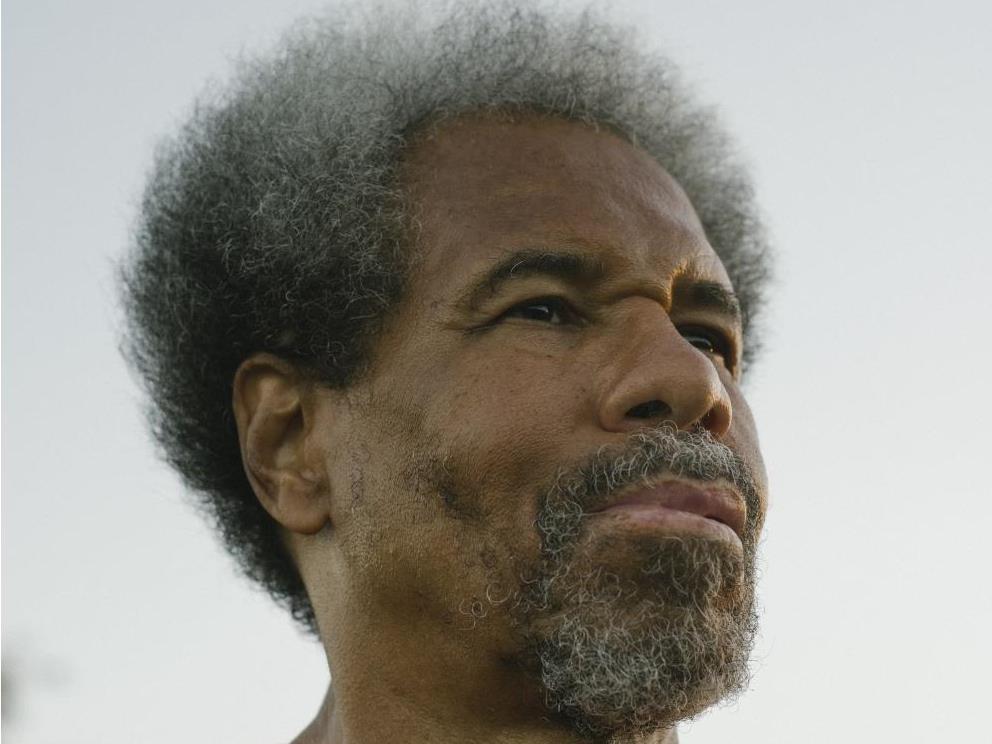Indoctrinated then revolutionised by the Black Panther party while serving 40 years in solitary confinement for a crime he didn’t commit, Albert Woodfox learnt that organisation and education was his only way out of a system which led him and so many others to crime and a lifetime of institutionalisation.
Known as ‘Fox’ throughout Angola prison in Louisiana, he bonded with Robert King and Herman Wallace to become The Angola Three. As a small Black Panther party formed, fighting from behind bars, they rallied and protested from prison for humane conditions and against solitary confinement, now defined by the UN as torture.
Woodfox learnt through books, so he wrote one for the same reason he began reading – to open his mind to the wider world with the hopes of improving his life.
‘I considered myself to be a political prisoner. Not in the sense that I was incarcerated for a political crime, but because of a political system that failed me terribly as an individual and citizen in this country,’ he writes.
Using Solitary as his medium, Woodfox describes certain guards and prisoners making prison life difficult. But his true enemy, he says, is the convoluted, racist, for-profit prison system of the United States.
From loss of evidence to absurd witness testimonies, the Angola Three fight the system and guards not with ‘fire’ but with ‘water’. They show the transitory values of power through prisoner sit-ins and hunger strikes.
When prisoners stop acting like prisoners, the guards and wardens take the role of the criminals – beating and ‘spraying’ prisoners, forcing them to act like prisoners again. Because if they’re treated like humans, the prison’s authorities become agitated and scared.
Woodfox shows extraordinary strength, day in and day out for four decades, confined in a small cell without human contact, decent food, or enough space, and within a legal system which twists and turns its evidence and concept of justice to do what wardens and the wider prison system want – to keep him there.
Perhaps most confronting is Woodfox’s observations after 40 years without contact with the world other than TV and information from family, friends and lawyers. He says that things have not changed much since his incarceration: ‘Racism today isn’t as blatant as it was 44 years ago, but it is still here, underground, coded.
‘Private prisons… are dangerous. When the goal of a prison is to make a profit, human beings suffer; corners are cut; rules are devised to keep people in prison longer; there is no incentive to rehabilitate prisoners… there is more violence at privately-run prisons and less medical care than at government-run facilities.’
But for all this, Woodfox does not lose hope in people, a strength he says helped him survive prison and puts him at human rights lectures and rallies around the world today.
Overall, Solitary offers powerful insight into the fractured US prison system and a heartening story of human rights and justice.
3.5 stars out of 5 ★★★☆
Solitary: Unbroken in Four Decades in Solitary Confinement. My Story of Transformation and Hope by Albert Woodfox
Publisher: Text Publishing
ISBN: 9781911231271
Format: Paperback
Categories: Biography & Memoir | Non-Fiction | Society | Politics
Pages: 448
Release Date: 5 March 2019
RRP: $32.99







